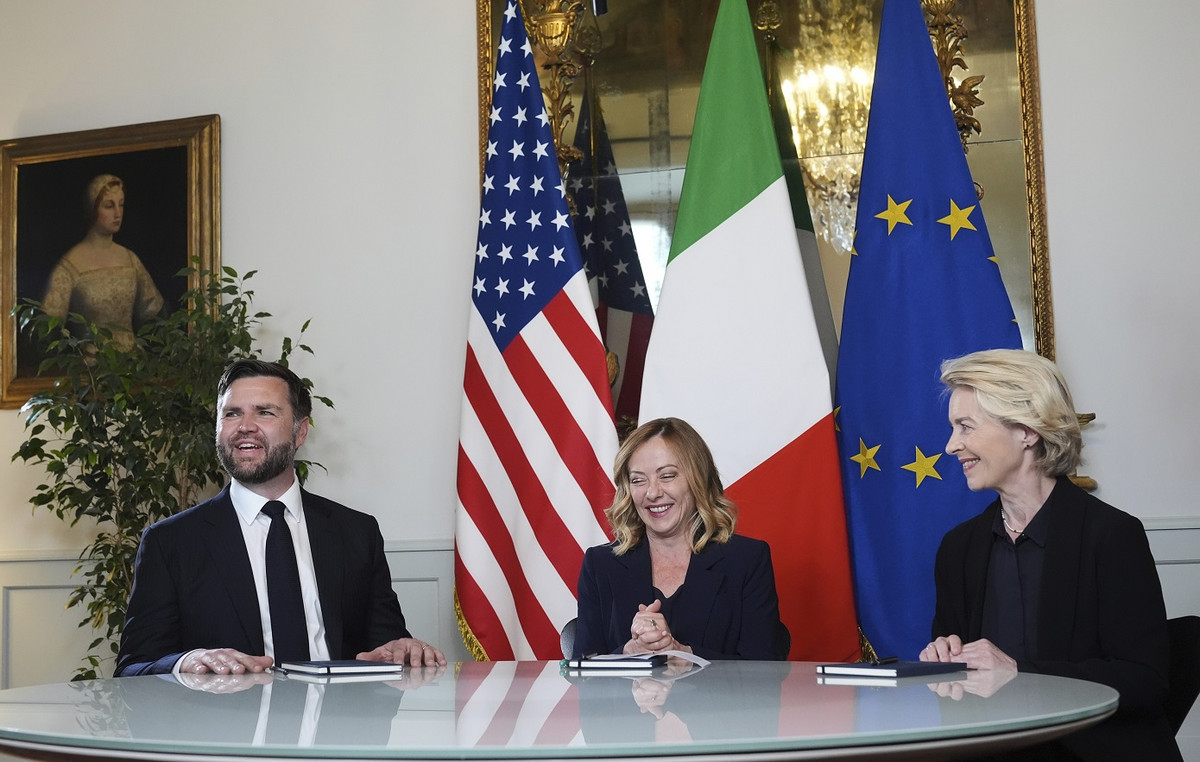President Bolsonaro’s meeting with ambassadors from several countries this week has accelerated the escalation of concern about what he can do during the election period. The idea that a sedition attempt with the population on the street mimicking the events of the Capitol on January 6 of last year seems like a path that could take place. What is the implication of this from an economic point of view?
It is no longer of today that the president has caused institutional havoc by doubting the smoothness of electronic voting machines. Clearly a non-issue, but the president dwells on what gives him room to reverberate with his more fanatical followers. The problem is that the president, when speaking to the more ideological 15% of the population, forgets that there is a whole remainder for which he should govern and that such threats are especially negative.
Not only can the population itself be frightened by the president’s authoritarian flashes, but more and more companies will be worried about regimes that deviate from the expected democratic configuration. We’ve seen that happen this year with Russia losing a lot of foreign investment after the war started.
A coup attempt enters the list of risks that companies need to assess, as it can mean that for them, too, the rules of the game may suddenly not apply. And no international company today is open to that kind of risk.
With the expansion of globalization, companies have room to enter many more countries than in the past, both from the point of view of purchasing inputs and selling their products. Brazil, due to its size, would be compelled to be strongly impacted in its foreign trade, but especially in foreign direct investment.
On the other hand, given the current increasingly authoritarian configuration of the world, Brazil would throw itself into the arms of an almost entirely undemocratic Brics, which is the case of China, Russia and India. In this case, still somewhat democratic, but with its increasingly authoritarian prime minister.
Authoritarian regimes do not see sides, left or right, and in a case of reversal in Brazil, China would become a more interesting partner in the eyes of a government of exception.
Now, trade between authoritarian regimes does not usually evolve well, as this type of regime is closed to technological innovation and has a much lower consumption pattern than democratic countries over time. And China is still in the process of development, with a much lower per capita income than the western world, without having proven to be able to get through low growth without causing any political crisis.
Over time, Brazil would end up delaying its trade and investment agenda even further and would see China’s dependence on commodities growing sharply. An already poorly diversified country would be even less diversified.
Thus, from the economic point of view, an authoritarian adventure would be to throw the country into the economic mud of the world at a time when it has not yet managed to get out of the quagmire of the crisis that began in 2015. The president’s bets are not only against institutions, but have the great additional impact of consigning us much longer to the middle-income trap.
Source: CNN Brasil
I am Sophia william, author of World Stock Market. I have a degree in journalism from the University of Missouri and I have worked as a reporter for several news websites. I have a passion for writing and informing people about the latest news and events happening in the world. I strive to be accurate and unbiased in my reporting, and I hope to provide readers with valuable information that they can use to make informed decisions.







